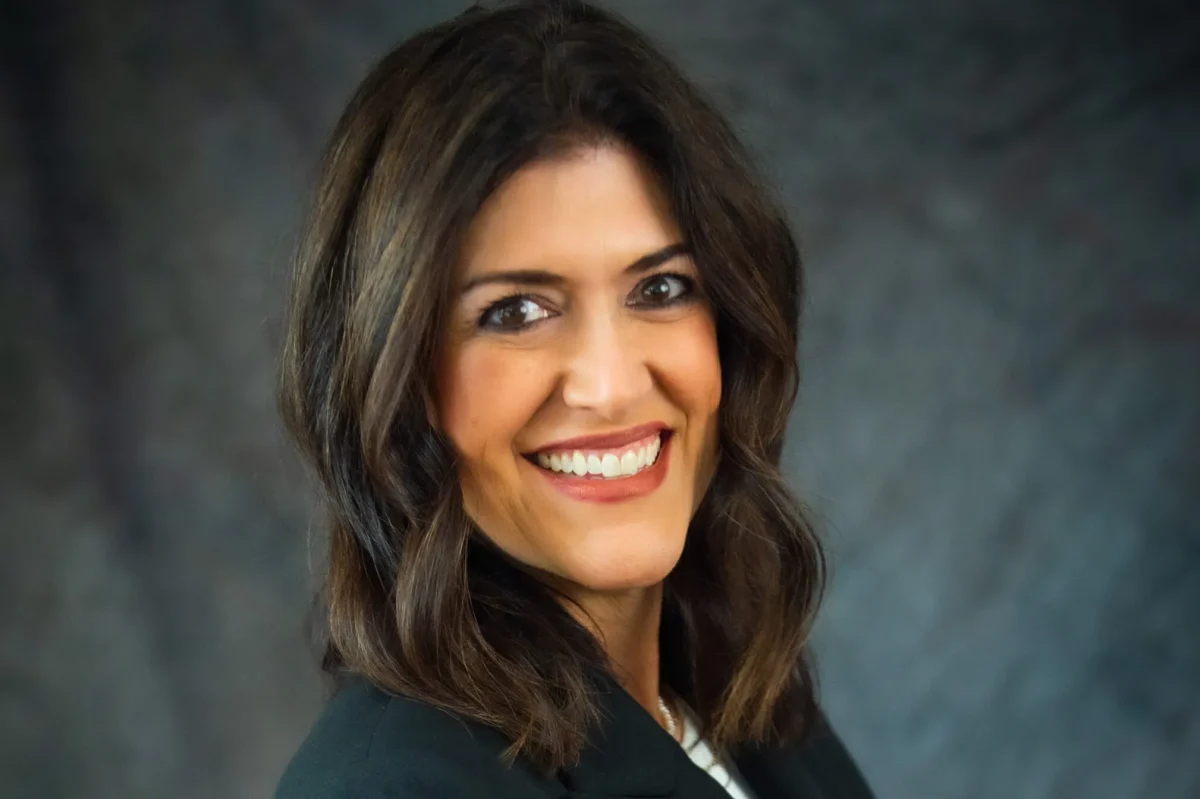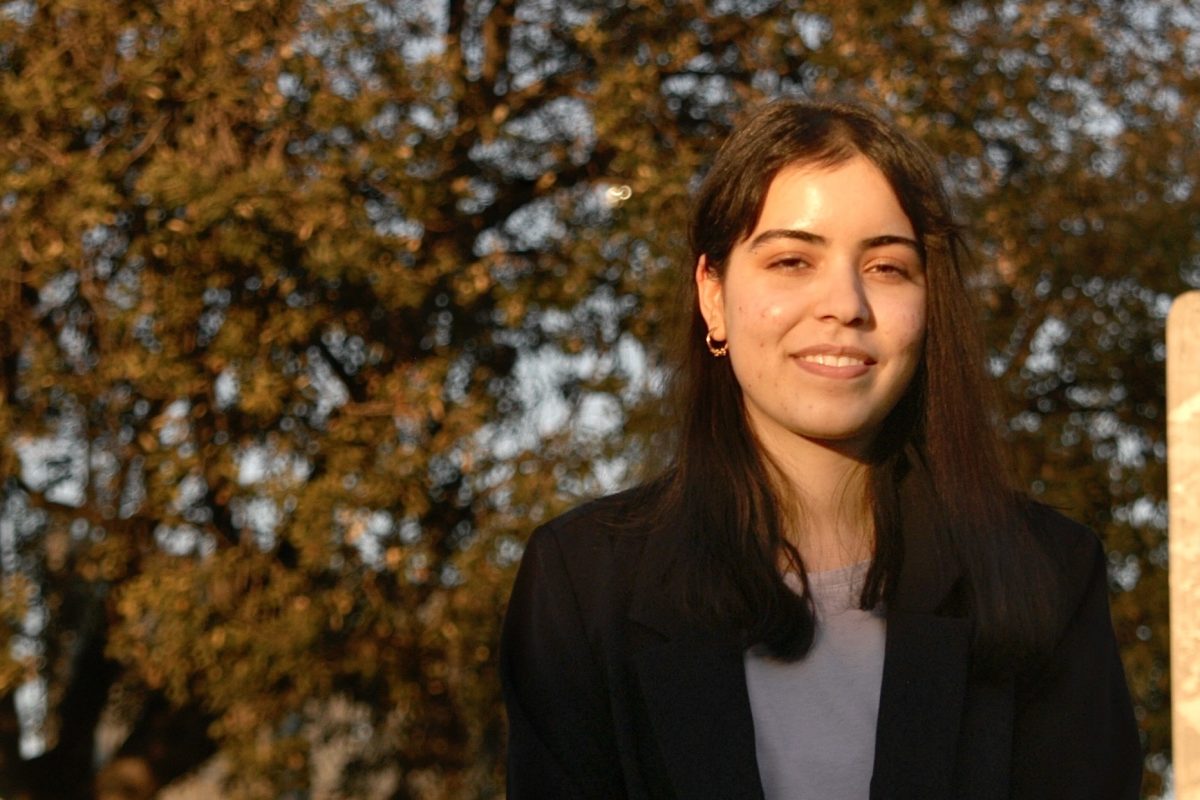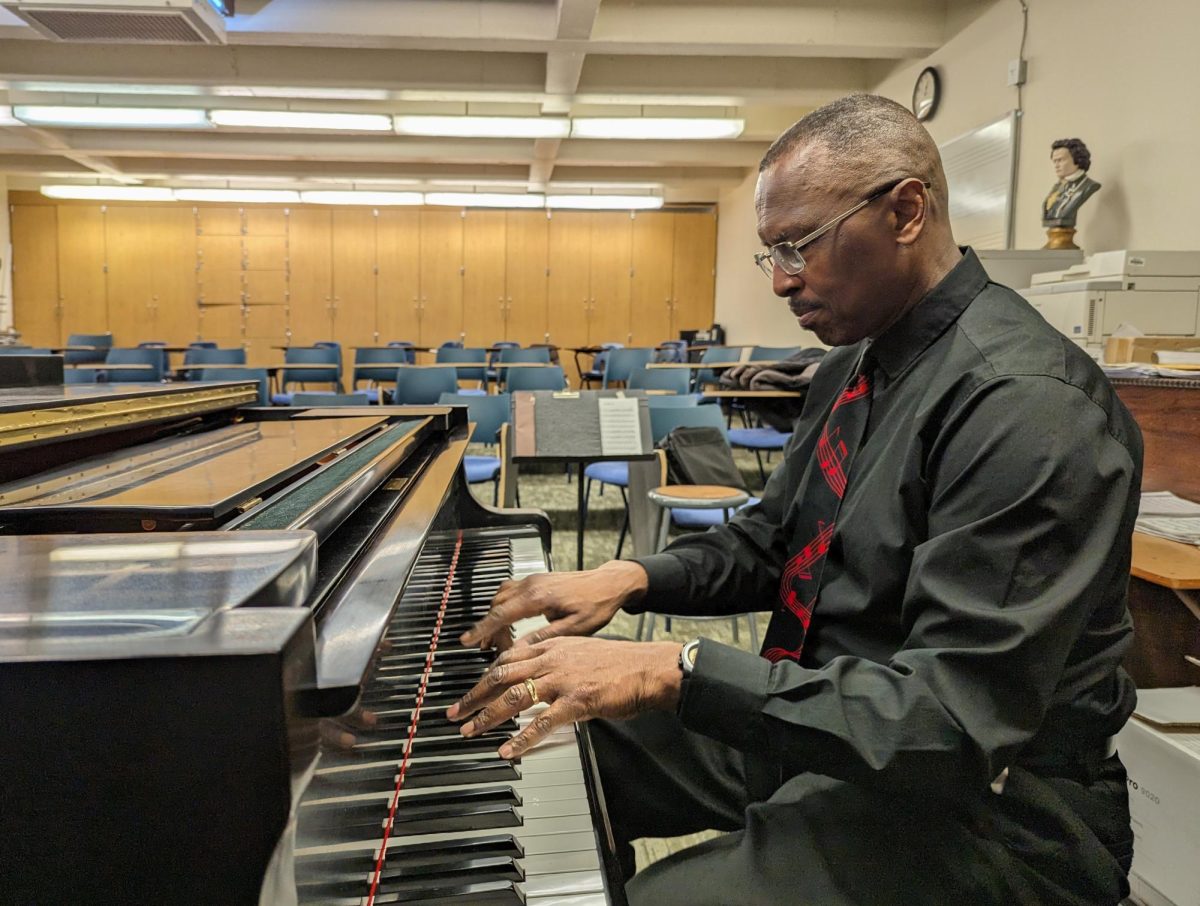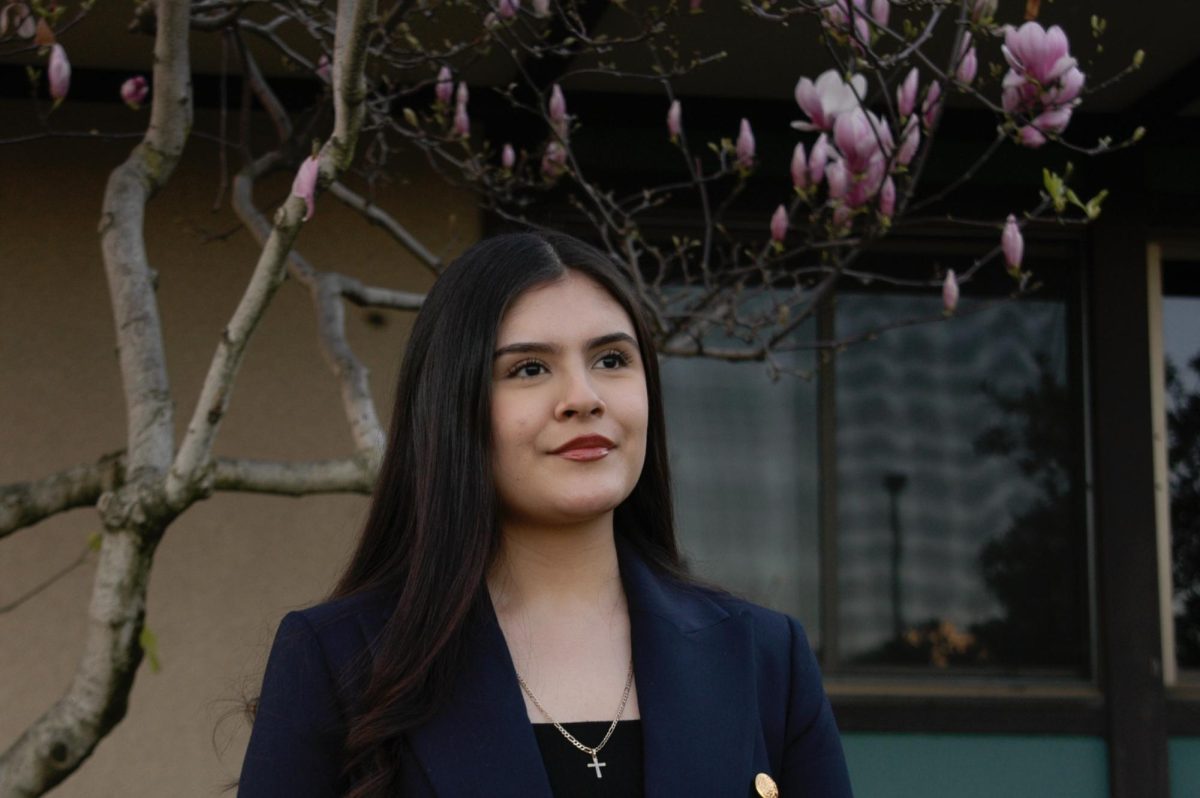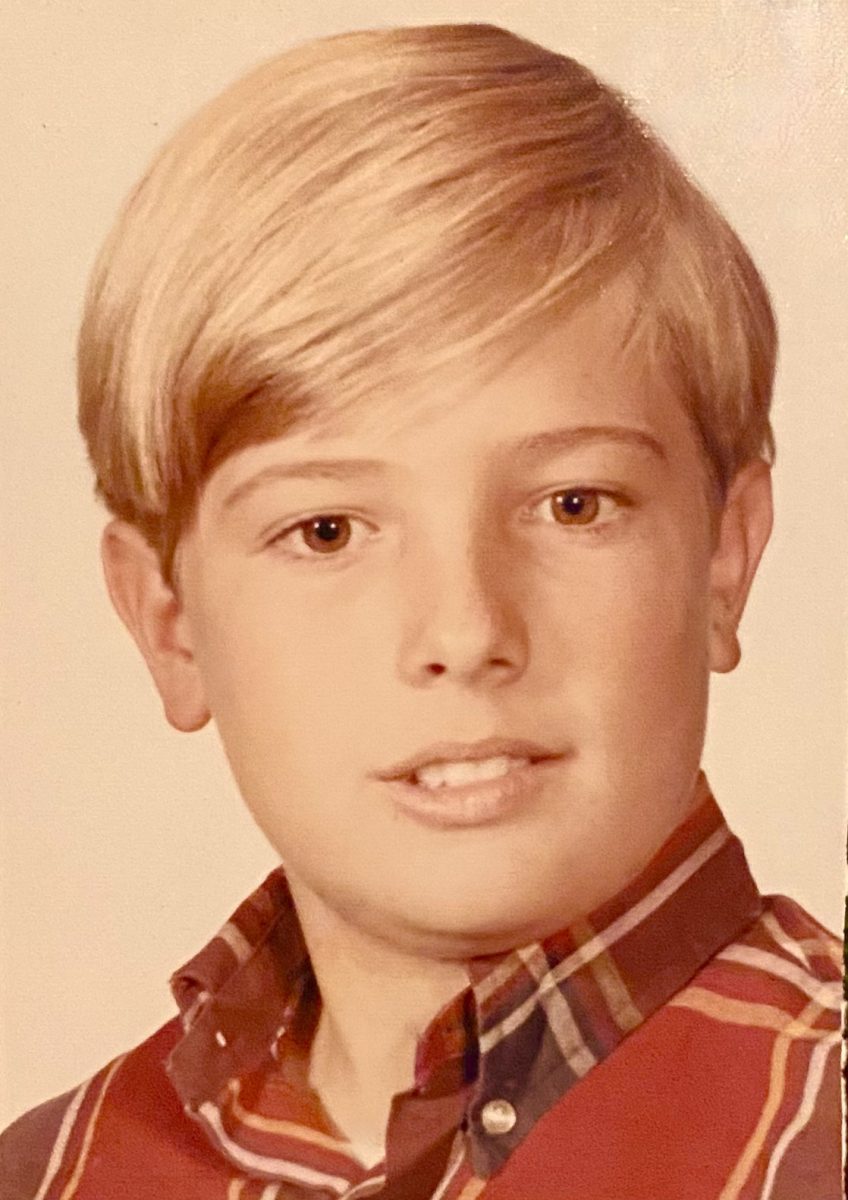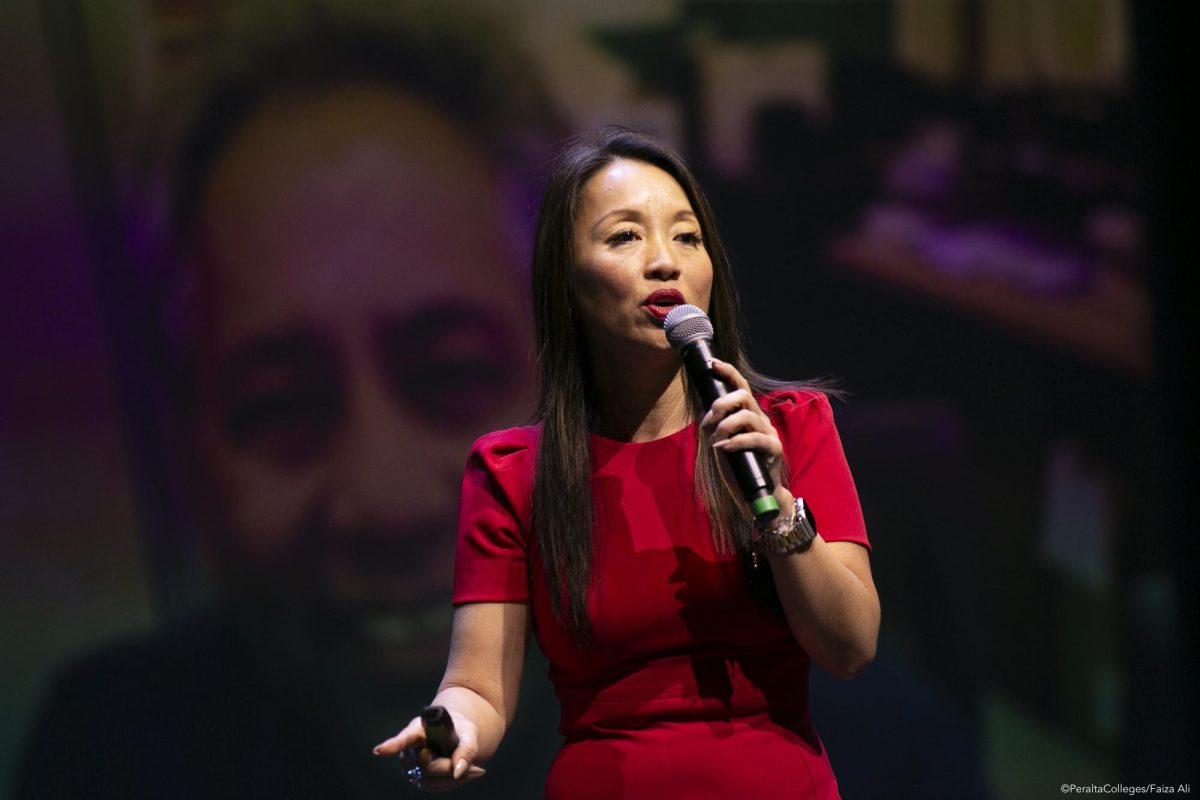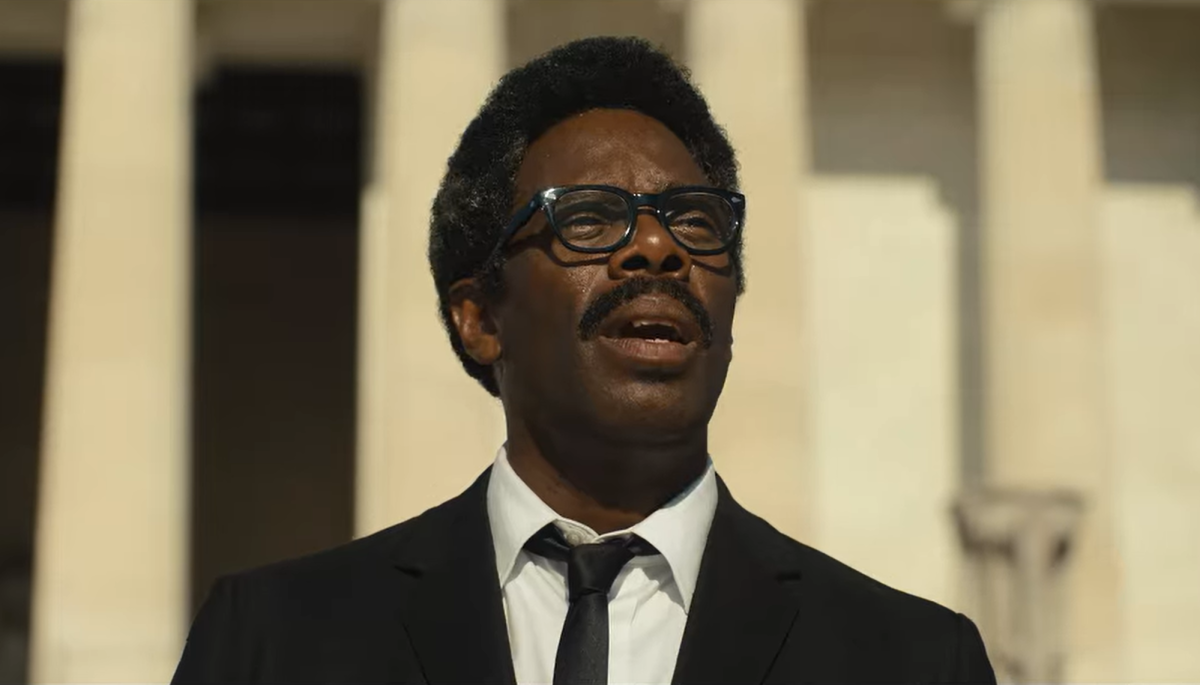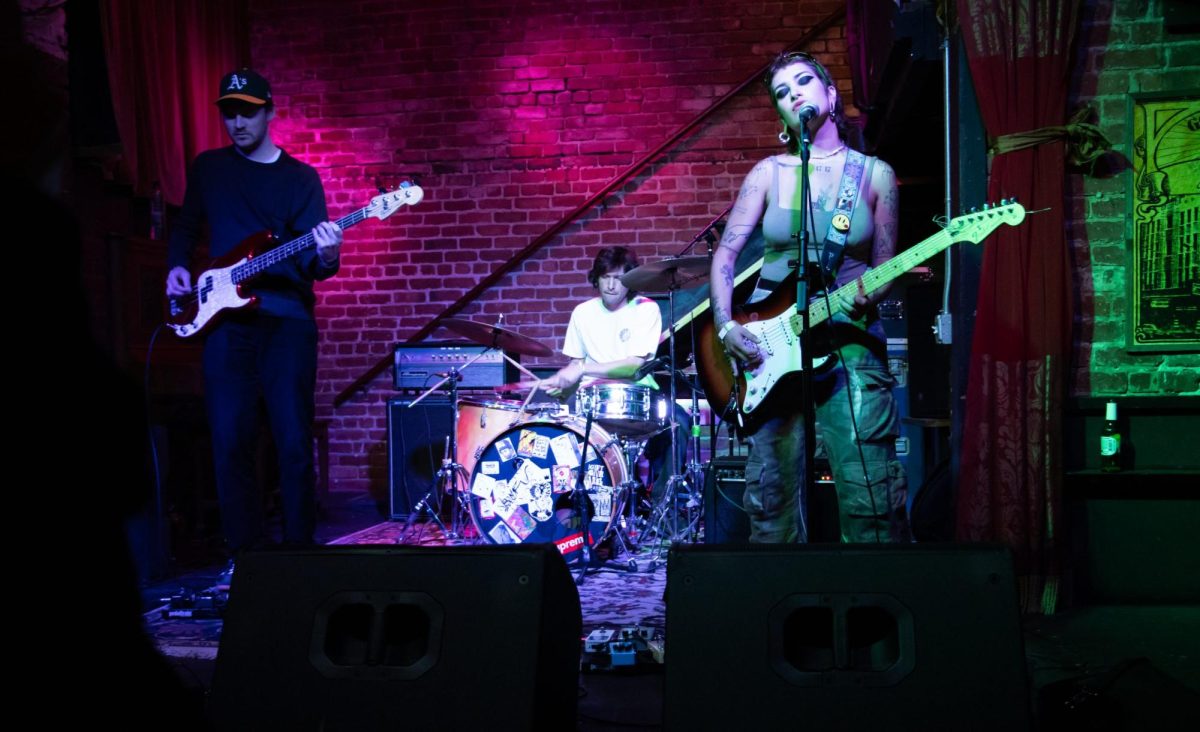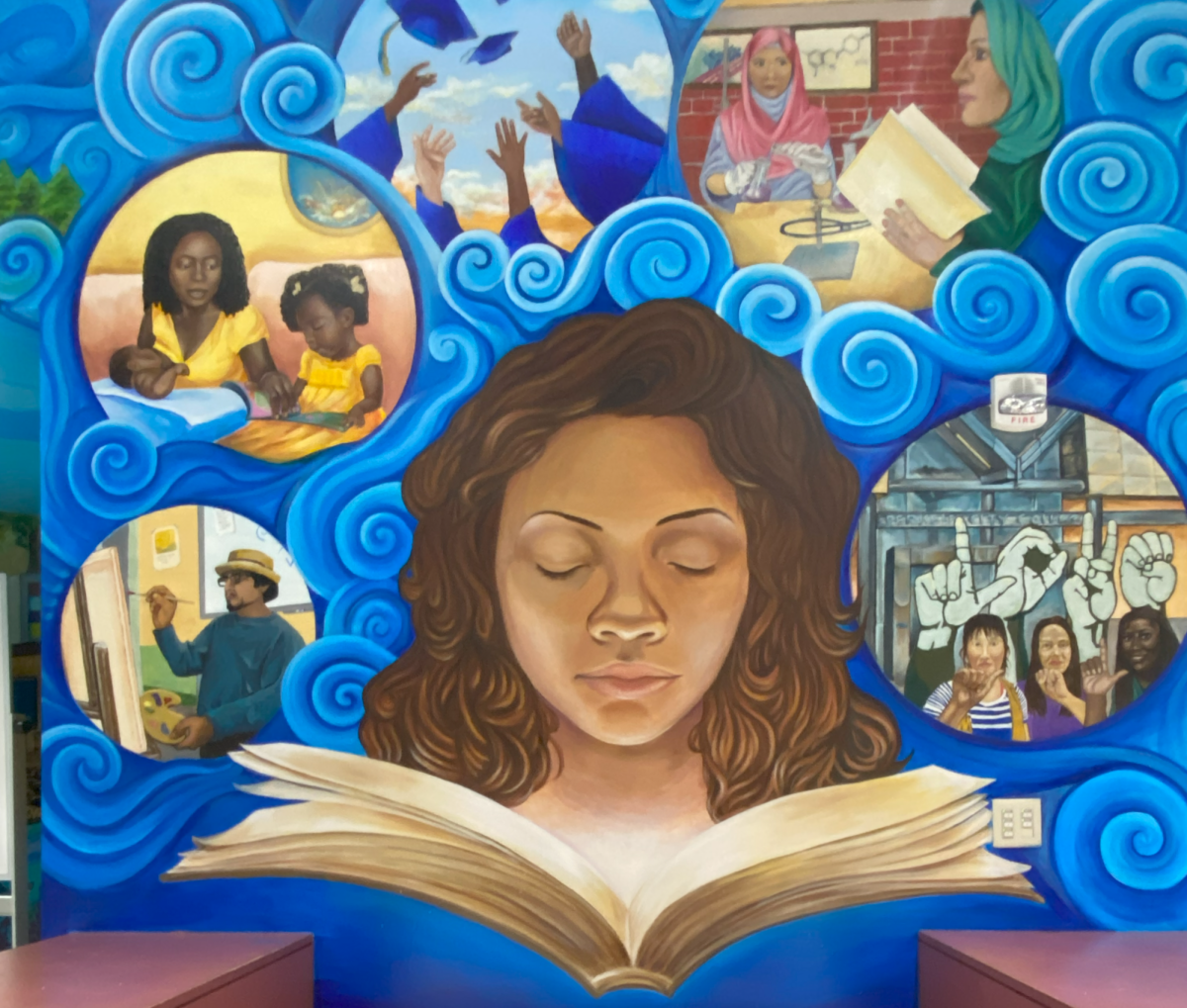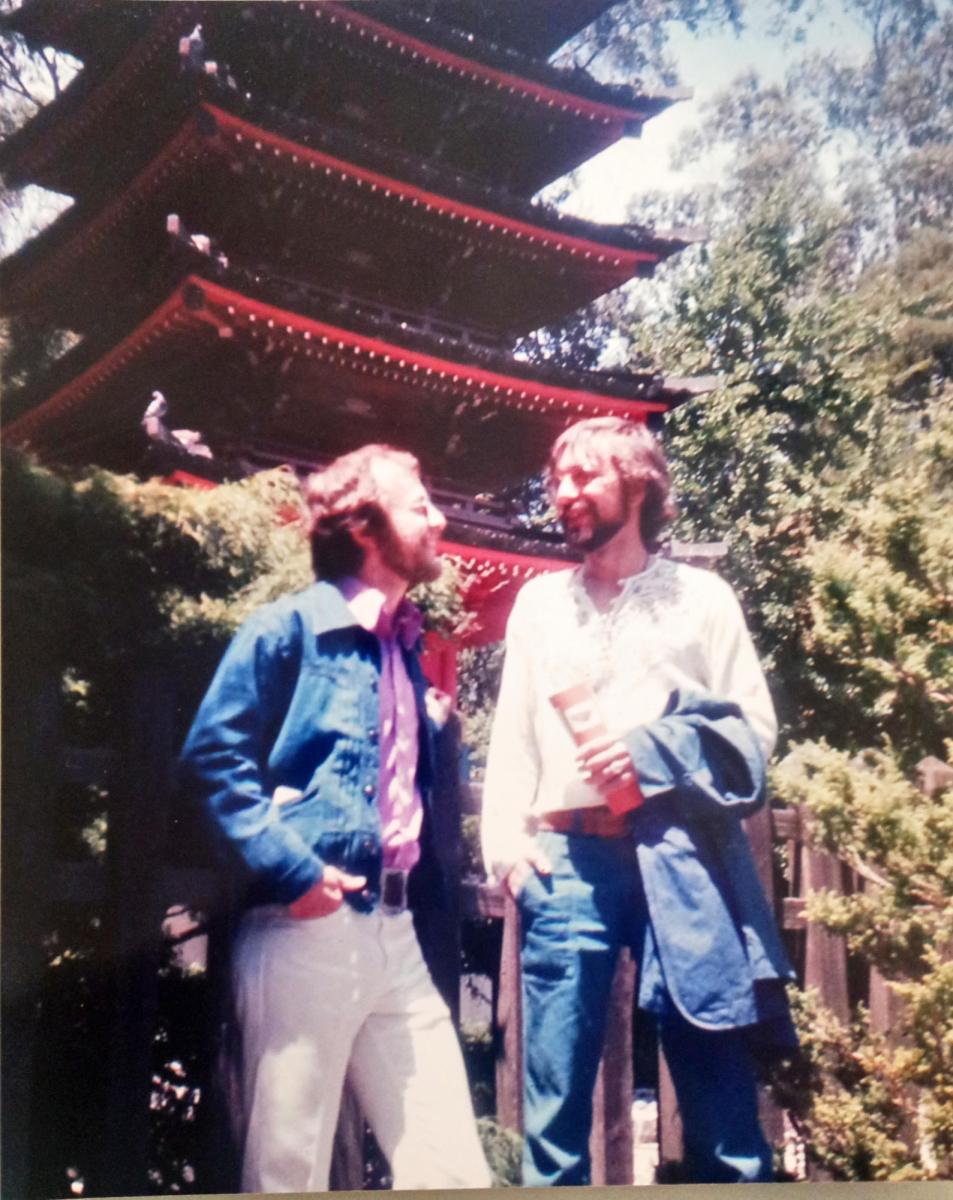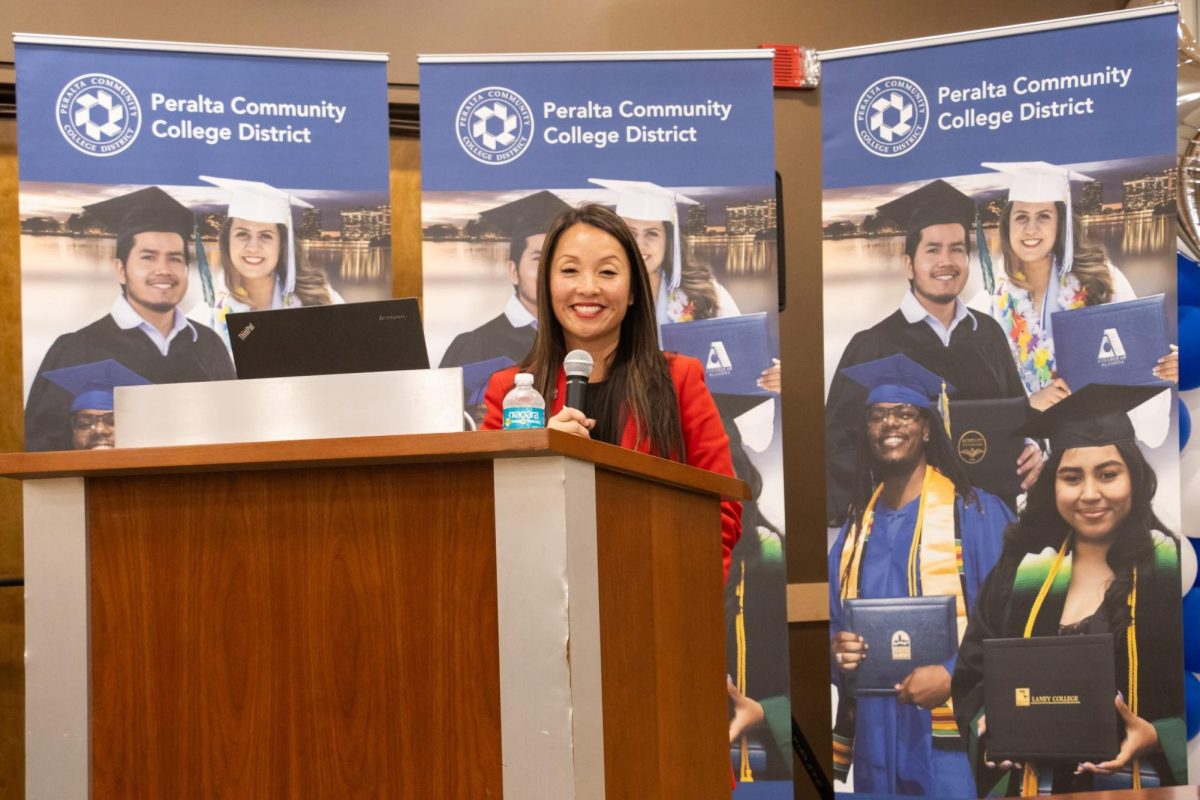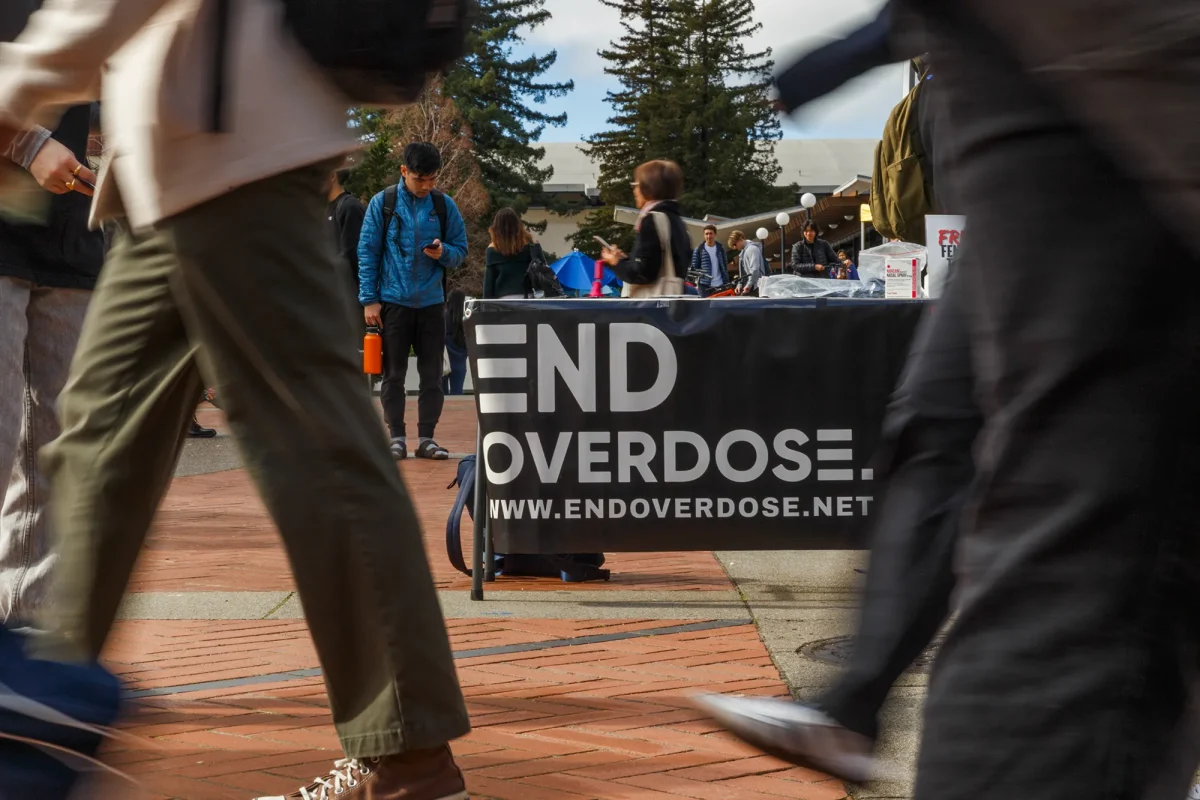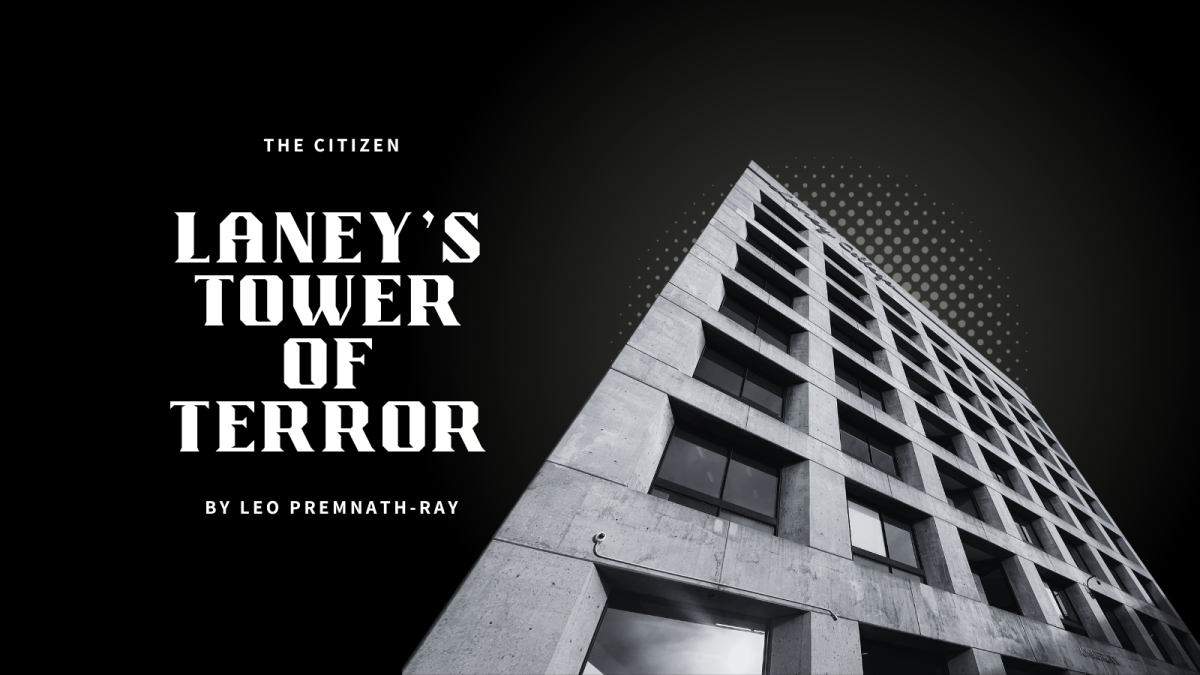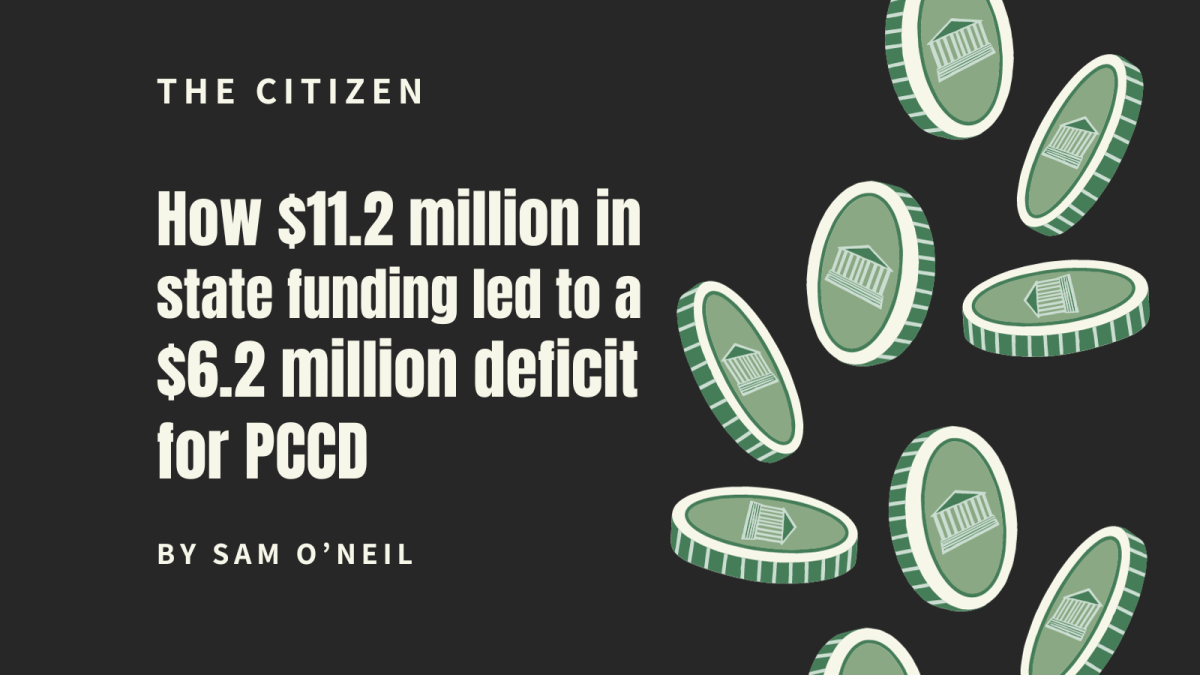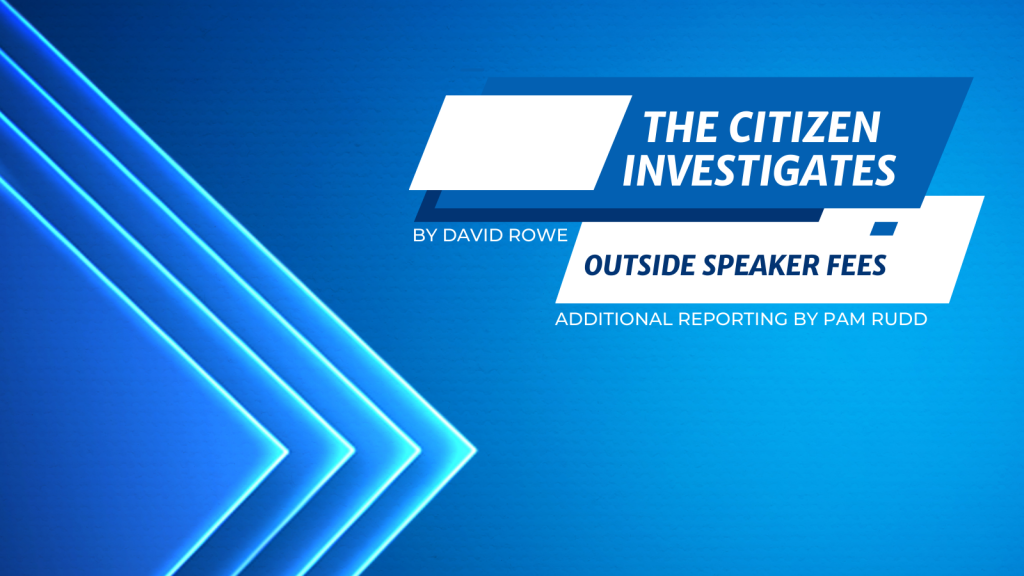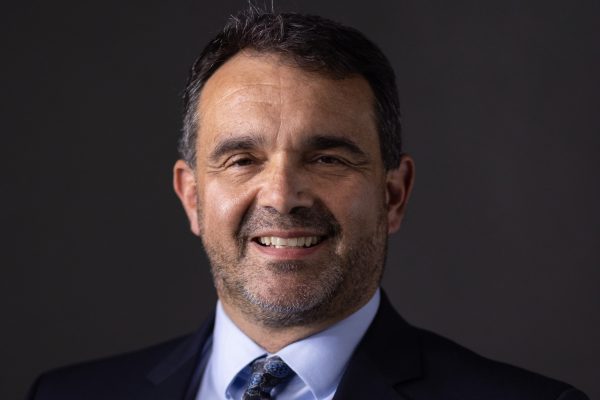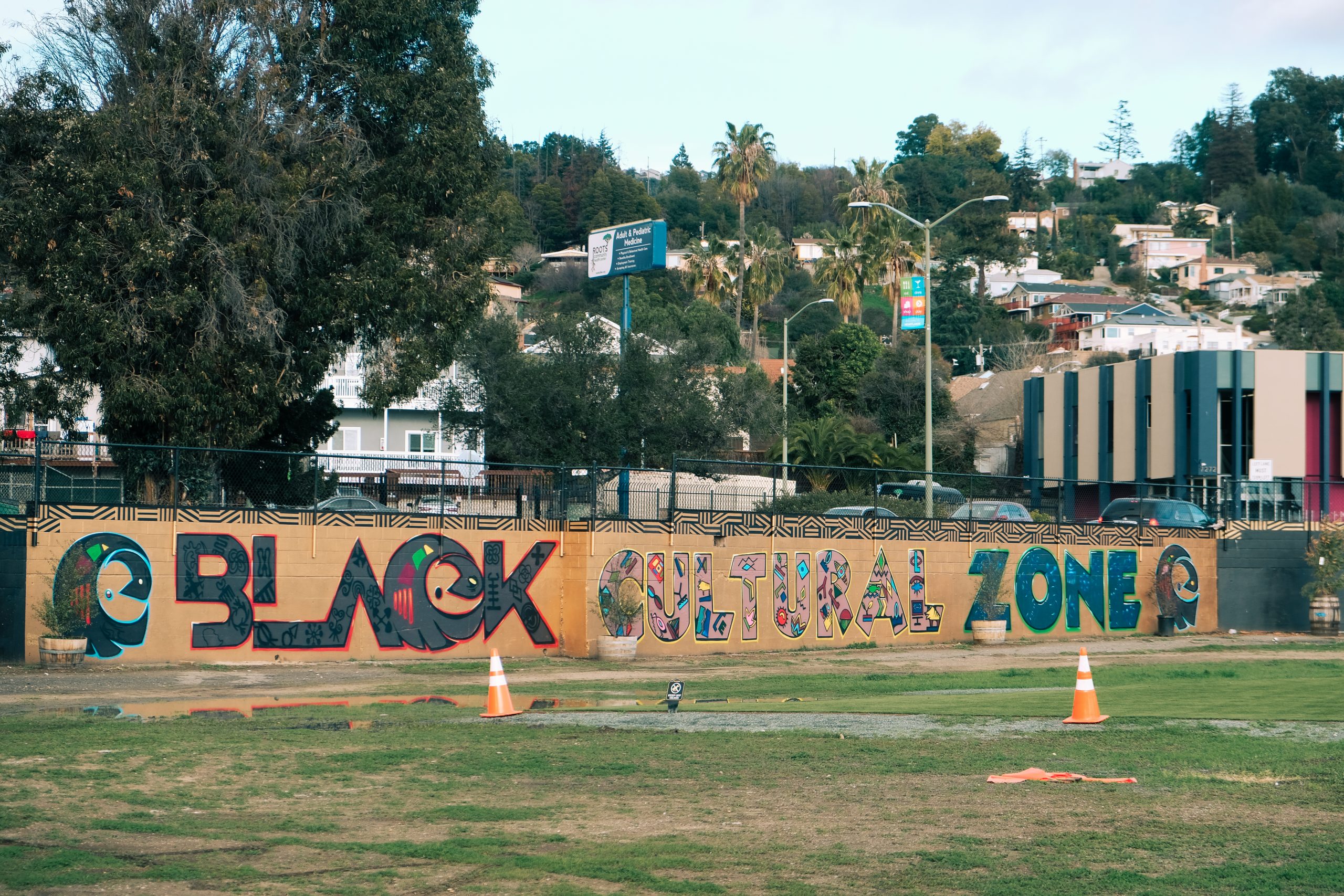
It’s Sunday, February 21st, 10 AM, and the sun is shining down on an open grassy lot of vendors under their tents as music pours over the area from a speaker. People are shopping, doing yoga or simply perusing the booths with their children, while food trucks are parked adjacent; the sights and atmosphere of an average weekly farmer’s market, so to speak. But as you pass each tent and familiarize yourself with the setting, you start to notice something that gives this market a distinct feeling: the majority of people here (about 95% of the vendors in particular) are people of color.
You’ve just entered the Akoma Market, located at Liberation Park near Eastmont Center in East Oakland, and by the look on your face, you feel very welcomed here.
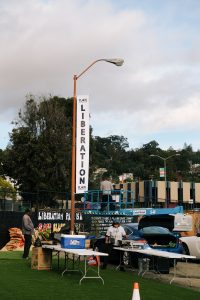
The Akoma Market was founded in September 2020 by The Black Cultural Zone (BCZ), an East Oakland organization that began as a community development corporation (CDC) in 2014. Their sole stated objective is to act as a community advocate and resource for the East Oakland area and to help strengthen Black business and ownership within the community.
“We started as a response to infrastructure changes and decisions being made throughout the community without our [residents’] input,” said Ndidi Love, BCZ economic development team manager.
“We were making sure that in developing and revitalizing our neighborhoods that our communities weren’t displaced, and that the quality of life did not go down as a result of these changes that were supposed to benefit everyone.”
Love stated that starting a CDC ensured they would have a stake in issues regarding housing and commercial development, the appropriate licenses and paperwork needed to hold down land to build cultural hubs that benefit the community, while also providing access to quality of life resources.
The East Oakland area (specifically past High Street) is considered a food desert, and is sparse of quality of life resources. According to the Cal-Enviro Screen, the 94621 zip code of Oakland rates very poorly for air quality, which is partially due to certain establishments that are allowed to operate nearby.
“There is a foundry that melts down high-temperature-melting metals near the Coliseum, and a crematorium that was recently allowed to dispose of more bodies,” Love explained.
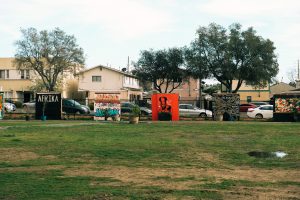
“All of which pushes toxins into the air, that has created a 10-year life expectancy difference between 94621 and 94612 (Downtown Oakland). We wanted to make sure that someone was really putting their feet to the fire when it came to these persistent and very real issues.”
Black Cultural Zone has also helped the community immensely throughout the COVID-19 crisis. Since March 2020, the BCZ extended assistance by using the Liberation Park area to distribute over 185,000 meals to people in the area who were in need of help and/or shelterless. When they opened up at Liberation Park as a farmer’s market, it saved a lot of Black-owned businesses that were struggling to stay open by allowing them to operate in a safe, open space without having to pay any overhead fees. According to one vendor, the primary requirements to operate at the Akoma Market are liability insurance, a tent and tables.
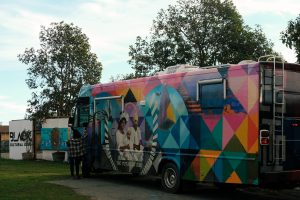
“It’s highly suggested to have a seller’s permit, but it’s not required,” the vendor expressed with gratitude. “I started off online and on social media which got me a lot of customers, but when I vend at Akoma Market I feel truly connected to the people who I’m making these products for.”
In this way, the Akoma Market serves as a real utility for East Oakland in both helping sustain local business for people of color and also providing a sense of togetherness and empowerment.
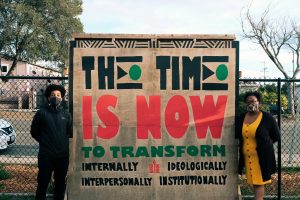
The Akoma Market has gone to great lengths to keep the East Oakland community well planted, supported and growing prosperously. It is a symbol of pride and joy for the Black families that visit every Sunday, and it is truly helping to rejuvenate a neighborhood that has been overlooked for a long time now.
“There’s been a lot of rhetoric around ‘Black spaces not being safe,’” Jewel, an exceptionally devoted Akoma Market presence and East Oakland resident, said about how important the space is to herself and her godchildren. “For there to be a safe space for so many Black and Brown people to bring their youth in East Oakland is an affirmation that we can be safe around one another.”
Safety, unity, culture, history and diversity: all of these qualities can be found here at Akoma Market.
It is a vehicle of hope for everyone in East Oakland, and will continue to progress and strive for Black excellence for generations to come. To those still wondering why they should care about the Akoma Market, know this: “if people care about equity for all, then they’ll care about the market,” BCZ member CJ declared.
“This market helps bring us freedom, liberation and equity.”

